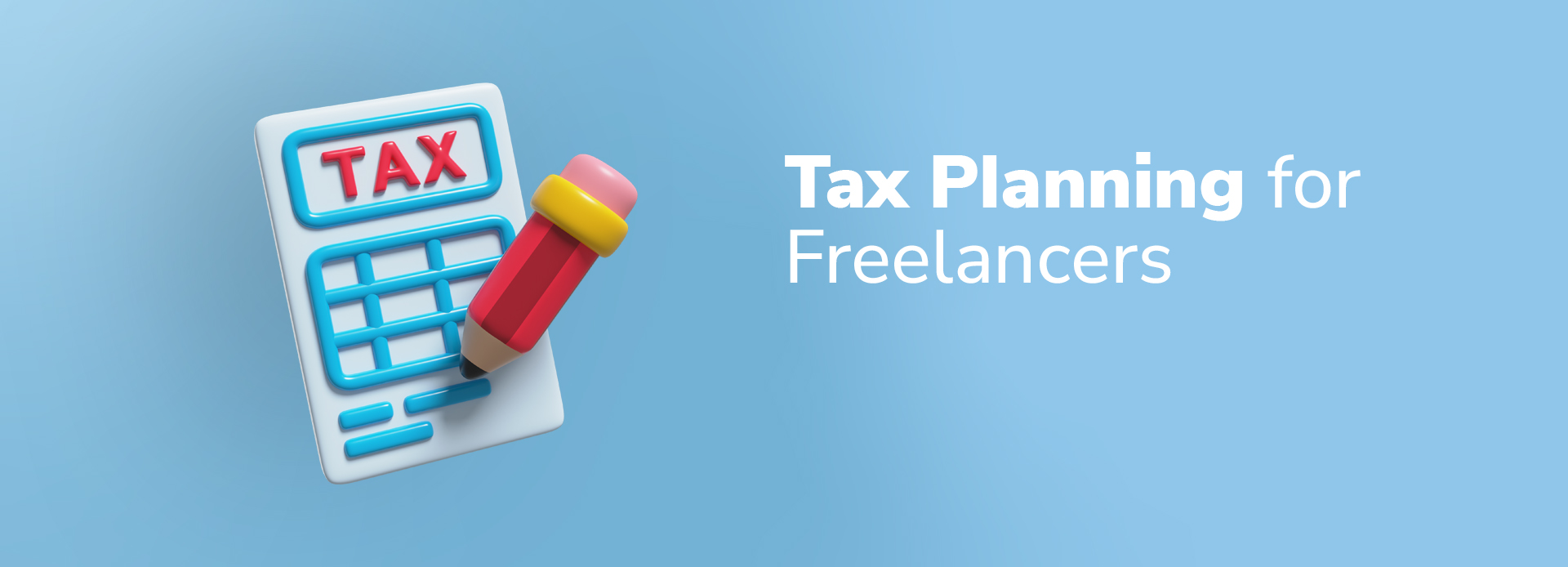The Complete Guide to Tracking Freelance Business Expenses
Published on March 10, 2025 | 18 min read
As a freelancer, properly tracking business expenses is crucial for both financial management and tax purposes. Unlike traditional employees, freelancers can deduct legitimate business expenses to reduce taxable income. However, many independent workers struggle with organization, missing out on valuable deductions or facing headaches at tax time. This comprehensive guide will help you establish an effective expense tracking system.
Why Expense Tracking Matters
Beyond tax deductions, monitoring expenses helps you:
- Calculate accurate project pricing: Know your true costs to set profitable rates
- Monitor business health: Identify spending patterns and opportunities to reduce costs
- Prepare for tax season: Avoid scrambling to reconstruct records annually
- Qualify for deductions: Maximize legitimate write-offs to lower tax liability
- Secure financing: Maintain records needed for loans or business credit
Common Freelance Expenses to Track
These categories typically qualify as deductible business expenses:
Home Office Expenses
- Rent or mortgage interest (for dedicated office space)
- Utilities (portion used for business)
- Internet and phone service
- Office supplies and equipment
Professional Services
- Accounting and legal fees
- Business insurance
- Software subscriptions (project management, design tools, etc.)
- Website hosting and domain fees
Marketing & Client Acquisition
- Advertising costs
- Business cards and printed materials
- Portfolio website expenses
- Networking event fees
Education & Professional Development
- Courses and certifications
- Industry conference tickets
- Professional association dues
- Books and educational materials
Travel & Client Meetings
- Mileage (standard IRS rate per mile)
- Public transportation costs
- Parking fees
- Business meals (50% deductible)
Best Tools for Expense Tracking
Choose a system that fits your workflow:
Spreadsheets
Simple Google Sheets or Excel templates work for basic tracking. Create columns for date, amount, category, payment method, and notes.
Accounting Software
- QuickBooks Self-Employed: $15/month, auto-categorizes expenses, mileage tracking
- FreshBooks: $15/month, excellent for invoicing and expense management
- Wave: Free for basic accounting features
Mobile Apps
- Expensify: Scan receipts and auto-create expense reports
- MileIQ: Automatic mileage logging
- Receipt Bank: Organize digital receipts
Pro Tips for Effective Tracking
- Separate business and personal finances: Use dedicated business bank accounts and credit cards
- Capture receipts immediately: Take photos with your phone or forward email receipts to your accounting system
- Schedule weekly reviews: Set aside 30 minutes weekly to categorize and reconcile expenses
- Understand local tax laws: Consult an accountant about eligible deductions in your area
- Backup everything: Maintain digital copies of all receipts and records
"I use a combination of QuickBooks for accounting and the Expensify app for receipts. Every Friday afternoon, I process all expenses from the week. This system saves me dozens of hours at tax time and ensures I never miss a deduction." — Mark T., Freelance Photographer
Implementing a consistent expense tracking system may require initial effort but pays dividends through reduced tax liability, better financial visibility, and less stress. Start with simple tools and gradually refine your process as your business grows.


.png)


